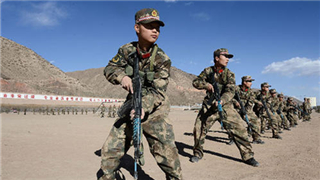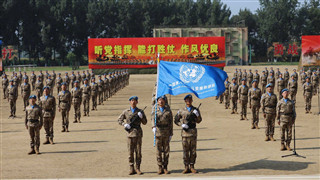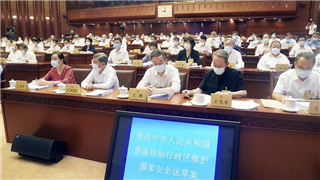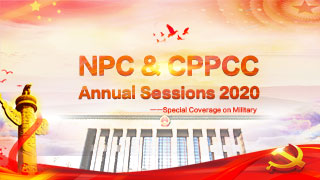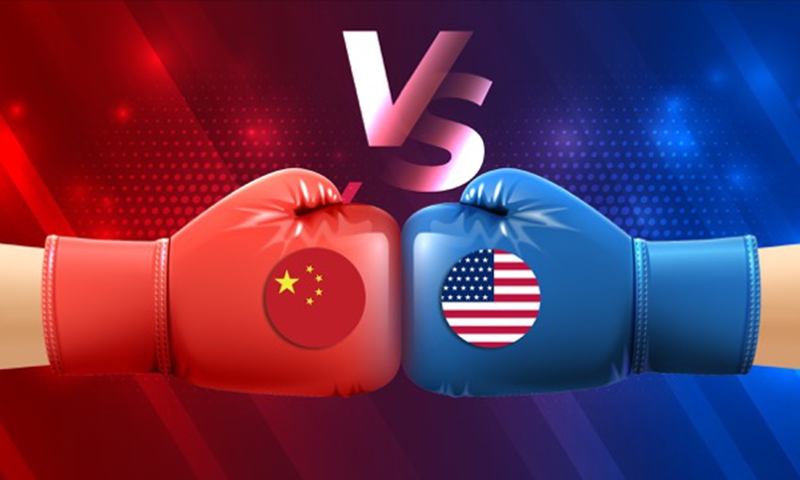
By Martin Jacques
Why has the US attitude toward China changed so profoundly?
The origins lie in the 2008 financial crisis. The relatively stable and benign period of US-China relations between 1972 and 2016 was underpinned by two American assumptions.
First, China would never pose a threat to the US' global economic dominance; and second, China's rise would become unsustainable unless it adopted a Western-style political system.
Neither of these things happened.
On the contrary, the financial crisis took place in the US, not in China, and China's political system has proved highly successful and sustainable. The 2008 crisis led to the undermining of support in the American governing elite for its previous policy toward China. A growing mood of hegemonic angst concerning China took hold in the US. China was increasingly seen as a threat to the US' global dominance, a process that culminated in US President Donald Trump's election in 2016 and China coming to be seen as the enemy.
It is abundantly clear that the US cannot accept any threat to its global hegemony. The US as number one is regarded as fundamental to its DNA. But this is unsustainable.
The US is in relatively rapid decline. It can no longer enjoy a monopoly of primacy in the world. It is determined, however, to resist any diminution in its authority. We have entered a dangerous, volatile and unpredictable period as the US seeks at all costs to resist the inevitable.
As a result, we can no longer take world peace for granted. World peace is at risk for the first time since the Cold War. The COVID-19 crisis, furthermore, will surely result in an even bigger shift in power from the US to China than happened after 2008. That could result in an even more desperate American response. Until the US comes to terms with the new reality - that it must share primacy with China - the global situation will be very unstable. Declining imperial powers find it extraordinarily difficult to come to terms with their diminished position, as Britain since 1945 exemplifies. The same is true with the US but in a much more dramatic and dangerous way.
We are already in a new cold war - in trade and technology, and, as the closure of China's Houston consulate demonstrates, in diplomacy. Recent statements from the likes of US State Secretary Mike Pompeo amount to the declaration of a new cold war against China. The US has opened up many fronts against China.
What is deeply worrying is the unpredictability, volatility and desperation of Trump. Driven by his fear of losing the presidential election in November, Trump sees nothing is off the table as far as he is concerned. Anything is possible.
This cold war will not be a rerun of the previous one between the US and the Soviet Union. In the old Cold War, the two countries lived in almost entirely separate worlds, in hermetically sealed compartments, that economically, for example, they had very little connection with each other. Much as the hawks in the Trump administration would like to reinvent such a world by means of a complete economic decoupling, that is beyond them.
Furthermore, it is clear that in the integrated global economy of today, China is a bigger economic player than the US. Whereas in the old Cold War, the Soviet Union was always far weaker economically than the US, the situation is completely different today, with China already enjoying the upper hand in key respects and, more importantly, very much on the rise in contrast to a US in decline.
There is another important difference between the two cold wars. Wrongly, the Soviet Union sought to compete militarily with the United States, a disastrous strategy given that it was far weaker economically than the latter. China has not - and will not - make that mistake. Whatever the US spends, China will spend much less - concentrating its resources on the defense of its own borders and territory. And in the long run, economic power invariably trumps military force.
The article is an excerpt of Martin Jacques's webinar lecture on July 25 titled "A new cold war against China is against the interests of humanity." Jacques is former senior fellow at the Department of Politics and International Studies at Cambridge University.

